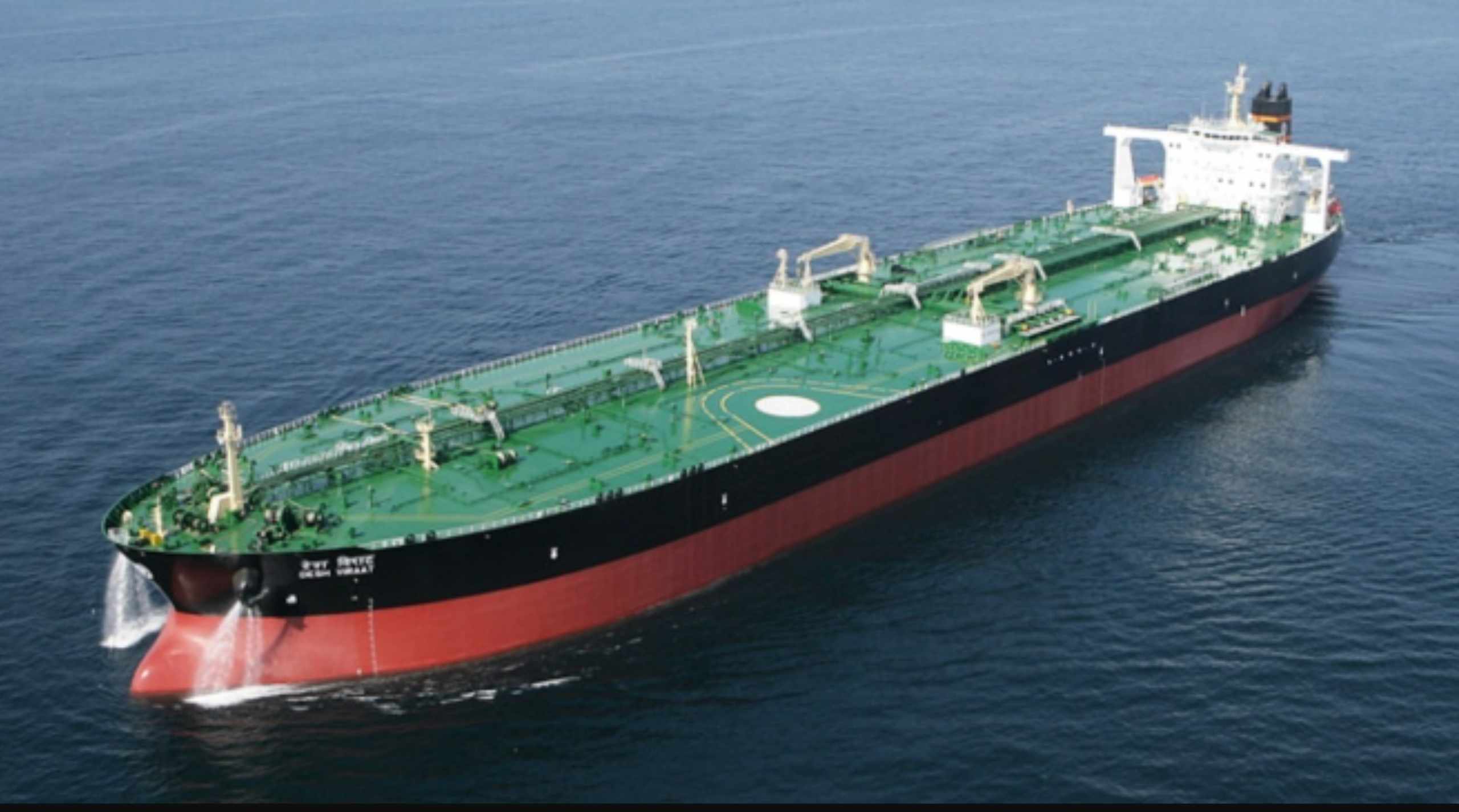
The International Maritime Organization’s (IMO) Data Collection System (DCS) represents a significant stride towards reducing greenhouse gas (GHG) emissions from the shipping industry. Introduced in October 2016 through resolution MEPC.278(70), the DCS mandates that ships record and report their fuel oil consumption. This initiative aims to provide the IMO with crucial data that can inform future measures to cut GHG emissions in the maritime sector.
Since January 1, 2019, all ships with a gross tonnage (GT) of 5,000 and above are required to participate in this data collection. These vessels account for roughly 85% of CO2 emissions from international shipping, highlighting the importance of their contribution to this global effort. The data collected not only includes the amount of fuel consumed but also covers various types of fuel oil used, alongside other specific metrics.
From 2023 onwards, the data from the IMO DCS has taken on an even more critical role, as it is now utilized to calculate a ship’s operational carbon intensity (CII). This metric provides insight into the efficiency of a ship’s operations in terms of CO2 emissions per cargo carried, thus encouraging the industry to adopt more sustainable practices.
The process of submitting data is meticulously structured to ensure accuracy and compliance. At the end of each calendar year, ships report their aggregated data to their flag State. The flag State then verifies this data and issues a declaration of compliance, which must be completed by May 31. Following this, the data is transferred to the IMO Ship Fuel Oil Consumption Database by June 30. This database, part of the Global Integrated Shipping Information System (GISIS), is accessible to Member States but maintains strict confidentiality, ensuring that individual ships cannot be identified.
The IMO produces an annual report summarizing the data collected from various flag States, which is presented at the Marine Environment Protection Committee (MEPC) meetings. Although the data remains anonymized, the reports offer valuable insights into the global maritime industry’s fuel consumption patterns and its progress towards reducing GHG emissions.
To ensure consistent and effective implementation of the DCS regulations, the IMO has developed a series of guidelines and circulars. These include guidelines for the Ship Energy Efficiency Management Plan (SEEMP) and for the verification of ship fuel oil consumption data. These documents are crucial for standardizing practices across the industry and ensuring that all parties adhere to the regulations set forth by the IMO.
The DCS is a pivotal tool in the IMO’s broader strategy to combat climate change by reducing emissions from the maritime sector. As the system evolves and more data becomes available, it will likely play an increasingly important role in shaping the future of sustainable shipping.

